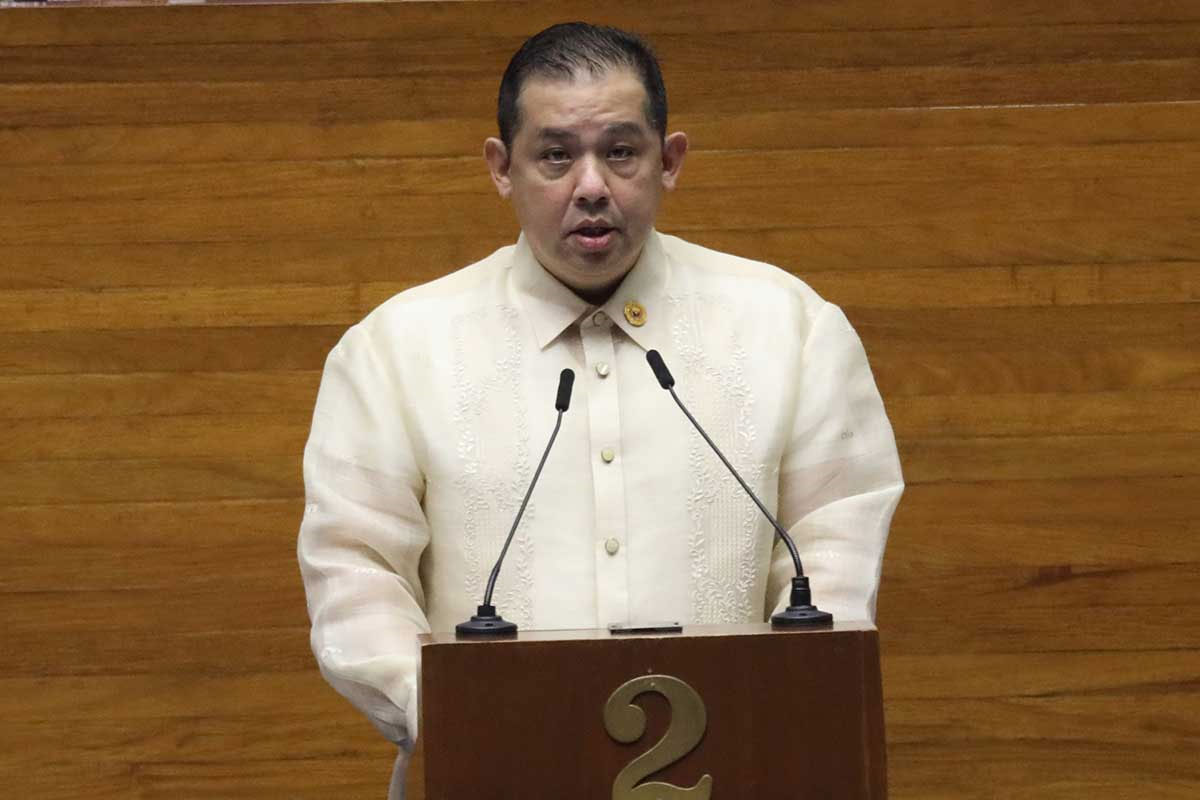
PH INFLATION SLOWS FOR 4TH MONTH
Lowest since July 2022 — PBBM admin
AS the country’s inflation continued to slow down for the fourth consecutive month in May 2023, the admininstration og President Ferdinand R. Marcos Jr., reassures the public that a coordinated and pro-active monitoring system is in place to keep food and energy prices within the target range.
The Philippine Statistics Authority (PSA) reported today that inflation has further eased to 6.1 percent in May 2023, down from 6.6 percent in April 2023. This is the lowest year-on-year inflation rate since July 2022. This brings the year-to-date average inflation to 7.5 percent.
The steady slowdown in inflation is attributed to slower food and transportation inflation. Meat inflation moderated as the inflation rate for chicken decreased from 7.7 percent to 5.9 percent and the inflation rate for beef decreased from 6.1 percent to 5.3 percent. Meanwhile, pork continued to experience deflation, with a rate of -1.0% compared to -0.3%, due to an increase in import arrivals accompanied by timely unloading of frozen pork stocks.
“We are confident that we can achieve the government’s inflation target this year as we work closely with concerned government agencies in monitoring the primary drivers of inflation,” said NEDA Secretary Arsenio M. Balisacan.
Moreover, inflation in the prices of fish and eggs has eased due to increased local production. The decline in international prices of wheat and dairy also contributed to the slower inflation, particularly for bread, milk, and dairy products.
On May 26, 2023, President Ferdinand R. Marcos, Jr. signed Executive Order No. 28, creating the Inter-Agency Committee on Inflation and Market Outlook (IAC-IMO). This committee aims to enhance government coordination in managing inflation and mitigating the impact of rising commodity prices.
The NEDA chief added that the committee is keeping tabs not only of current trends and data on local and international prices but also the level of domestic production, import arrivals, climate outlook, and other relevant supply and demand information for key commodities.
“As the risks to the inflation outlook lean towards the upside due to potential increases in transport fares, wage adjustments, higher electricity rates, and domestic prices of key food items resulting from the impact of El Niño, the government is working to implement the necessary interventions as we aim to keep prices low and stable for Filipino consumers,” said Balisacan.
For short-term measures, he stated that there is a need to fill local supply gaps through timely importation, ensure sufficient rice buffers during El Niño, and strengthen biosecurity.
To mitigate the impact of El Niño on food security, Balisacan recommends ensuring an adequate supply of agricultural inputs, prepositioning pumps, promoting early planting in areas likely to experience water deficit in the coming months, and maximizing production in non-threatened areas.
“With accurate data at hand, we can anticipate possible food and energy shortages and provide timely recommendations to prevent increases in commodity prices. This will ensure food and energy security and safeguard the purchasing power of Filipino families, especially the poor and vulnerable,” added Balisacan.














